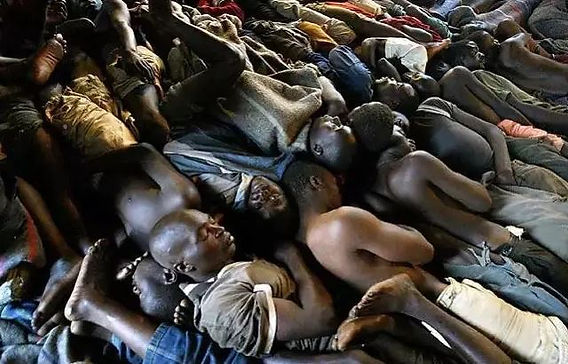
A recent report by SB Morgan Intelligence has shed light on the challenges faced by farmers in Northern Nigeria, who are forced to pay exorbitant fees to access their farmlands due to insecurity.
The report disclosed that farmers in Northern Nigeria are paying up to N100,000 to Bandits in order to gain ‘permission’ to access their farmlands during the planting or harvest season. Failure to comply often leads to the forfeiture of harvest, abduction, or even death.
The situation reflects the prevailing insecurity across the region, where non-state actors wield power in the absence of effective state security.
In some communities in Kaduna State, farmers are compelled to pay between N70,000 and N100,000 for permission to farm.
This exacerbates the food security crisis and poses a threat to the overall security of the region, as abductions become increasingly common.
Payment Schemes
Payments to bandits vary depending on the type of crop being planted, with rice farmers in certain areas paying as much as N120,000 in farm levies, while guinea corn farmers pay N50,000. Bandits also demand additional payments during the harvest season, further burdening farmers.
Between November 2020 and November 2023, farmers in the North-west states paid approximately N224.92 million in levies to various bandit groups.
This dire situation not only drives up food prices and creates a shortfall in food supply but also discourages investment in agriculture, exacerbating the economic challenges facing the region.
Food Insecurity and Economic Strain
The insecurity in North-west Nigeria, a key agricultural hub, has far-reaching consequences. It has contributed to the soaring food inflation, which stood at 35.41% as of January 2023, exacerbating hunger and poverty.
With a significant section of the population living below the poverty line and wages staying stagnant, Protests and attacks on food trucks and warehouses have become commonplace.
A troubling analysis by The Cadre Harmonisé (CH) has projected that approximately 26 million Nigerians will face serious hunger during the lean season of 2024, spanning from June to August.
Additionally, the World Bank’s food security report has highlighted that seven states in the Northern region will encounter severe food shortages in the same year.



